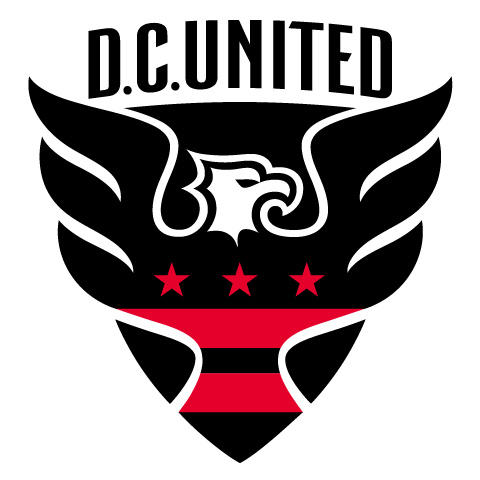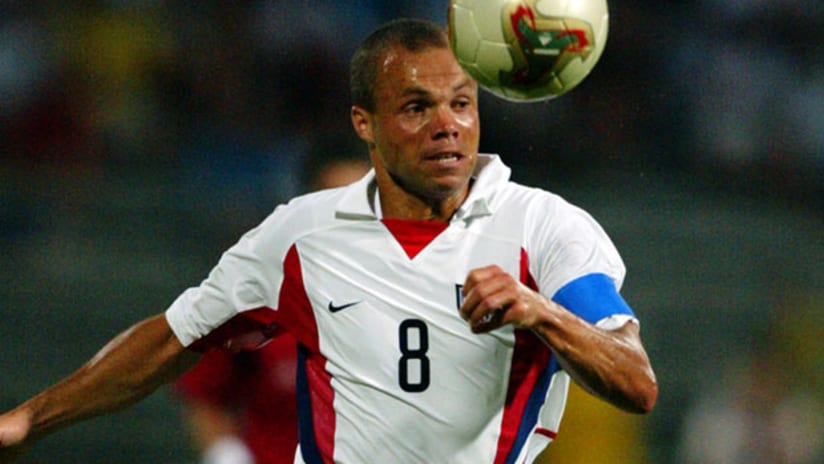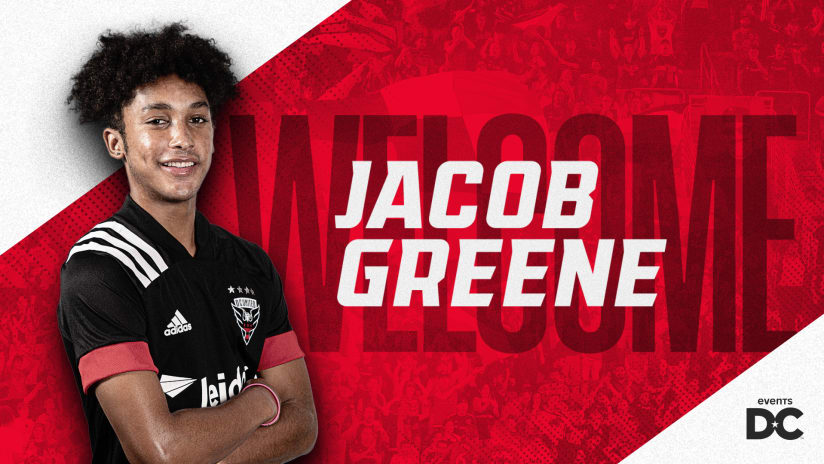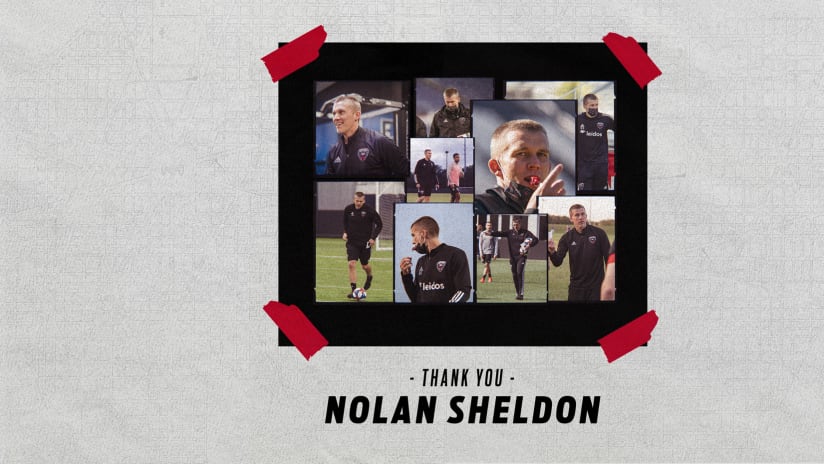AMSTERDAM – In the aftermath of Jürgen Klinsmann's declaration that the top American coaches are capable of success in Europe, former US national team star Earnie Stewart warns that the opportunities needed to manage in Europe may still be several years away.
Now AZ Alkmaar's technical director, Stewart – who had the task of choosing two bosses while in the same role at NAC Breda – says the cycle of such things is headed slowly in the right direction.
"It starts with players," the former D.C. United player told MLSsoccer.com. "They start making the pass over to Europe, and that has happened. The players developed over there can make the step.
"After that, it will start with coaches, but I think we still have some way to go before that starts."
Stewart says the image of MLS is rising steadily across the pond, but predicts the first American to take the reins of a top-flight European side will need a successful US national-team tenure on his résumé just to get the offer.
"They think it's a great league, that it's getting better," he said. "But they are looking at players there, not coaches."
READ:Klinsmann: Arena, Bradley could coach in Europe
"The first one will need to be somebody who does a substantial job in the United States before they bring him to Europe, unless they have connections. I do think that the first one to coach over here will have national-team coaching experience."
Klinsmann backed both current USMNT boss Bob Bradley and two-term predecessor Bruce Arena as knowledgeable enough from a coaching standpoint to make the step. Having played for the latter at World Cup 2002, Stewart seems to concur on that recommendation.
"The good thing about Bruce that I've learned is that he's a people manager," he stated. "He's one of the guys who knows how to put a team together, to get the best 11 guys to get results. He was fantastic at that."
Arena has every so often been linked with jobs in England, while Bradley was tabloid fodder regarding Aston Villa and Fulham this summer.
Neither ever had confirmed offers, and Stewart feels some obstacles still must be cleared before any American reaches that necessary initial step to a job.
"First of all, there's a problem in the way football in the United States is looked upon, and that reflects upon the coaches," he explained. "We're still making progress, still getting better, still getting to where we want to be."
Stewart said one example in the perceived divide is quite simple: American coaching courses aren't quite as trying as those across the Atlantic.
"If you take it over here, it takes you at least three years to get your 'A' coaching license, plus you have to get some sort of experience," he said of Europe. "To get your 'A' license in the United States is a little easier.
"I think we need to make sure that our coaching licenses are looked at in a good way," he continued. "I've spoken some to [new US Youth Soccer technical director] Claudio Reyna, in the past, about how he's now picking that up – the tactical side, the technical side, how to train, when to train."
Some observers have worried aloud that American coaches may face another image handicap due to the conflicting vagaries of player acquisition, squad management, the salary cap and other elements of MLS that differ from European set-ups, but Stewart quickly brushed that notion aside.
"From a coaches' standpoint, it doesn't matter if you recruit the players yourself or not," he declared. "It doesn't matter if you're in the States, Holland or Japan.
"The important job of the coach is to make players better and get results on the field. What happens on the field, in practice and games, is their responsibility."





